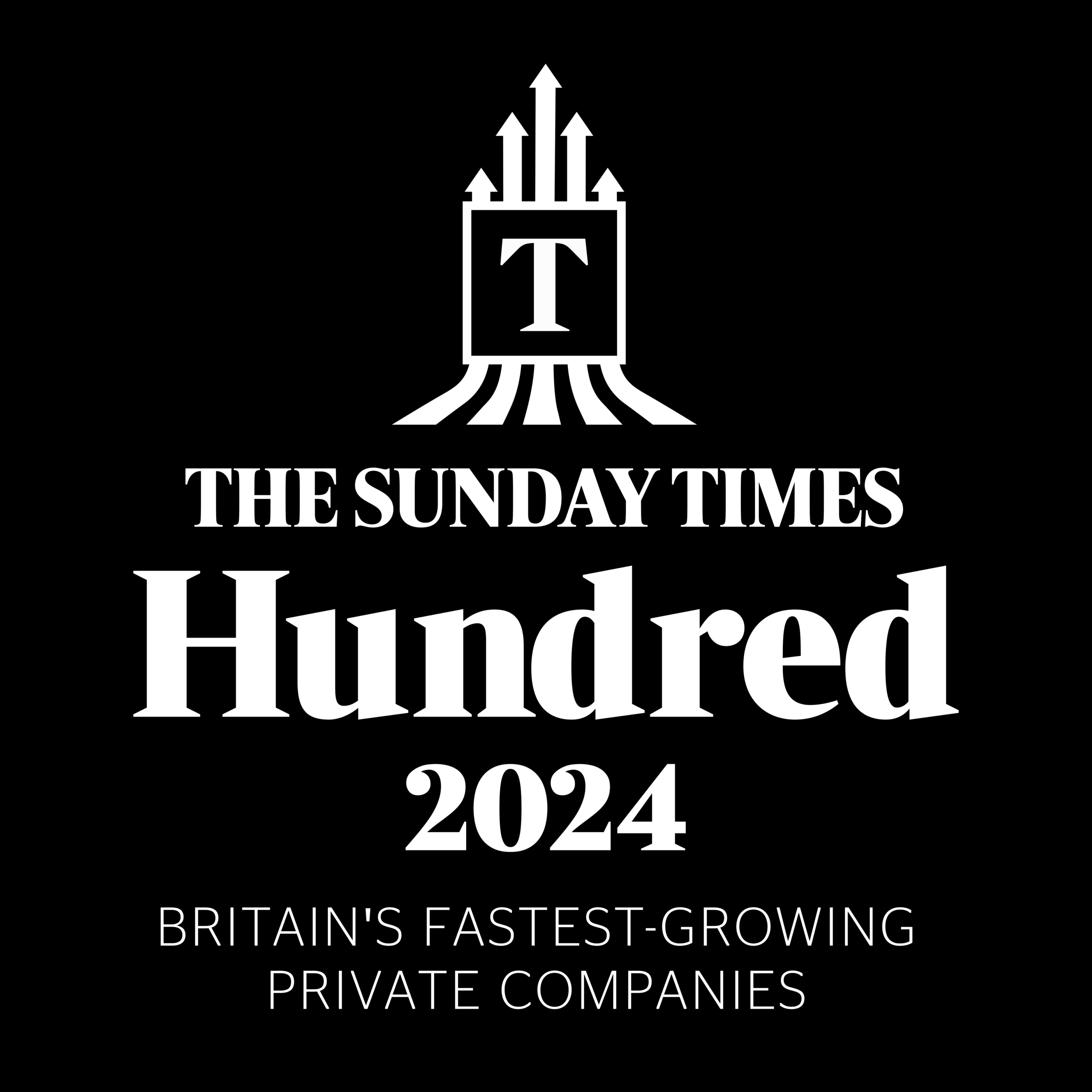What the NHS E Changes Mean for Tech
The UK healthcare system is undergoing one of its most significant transformations in over a decade. Labour’s decision to dismantle NHS England, bringing its functions directly under the Department of Health and Social Care signals a deliberate move toward accountability and their publicised national digital transformation strategy.
The message from the government couldn’t be clearer: the NHS’s future is digital-first, and focused on demonstrable improvements in efficiency, patient outcomes, and cost reduction. Prime Minister Keir Starmer’s emphasis on leveraging AI as a “golden opportunity” means it’s no longer enough to plaster your product with “digital” or “innovation” labels and call it a day. If you can’t credibly demonstrate that your solution utilises technology to improve efficiency and patient outcomes, or cuts operational costs, then you may find yourself at a disadvantage in the new world.
Labour’s Strategic Priorities
Labour’s strategic priorities are clear:
- Unified, transparent, and actionable data across patient and clinical settings.
- Rapid onboarding of innovation, reducing the traditional postcode lottery.
- Centralised procurement frameworks
Potential Challenges for Healthtech Providers
However, the abolition of NHS England isn’t without its potential downsides for healthtech companies. The disruption caused by such a significant structural change could slow down ongoing digital initiatives.
Champions within NHS England, who advocated for innovation and guided vendors through procurement complexities, might no longer be in position, requiring companies to rebuild relationships and navigate new decision-making pathways. Furthermore, as decision-making becomes more centralised, competition will intensify, making it mission critical for companies to adapt to the new procurement landscape.
Expanding Autonomy for NHS Trusts and ICSs
While central clarity grows, autonomy at the local level is also expanding. NHS Trusts and Integrated Care Systems (ICSs) will play a bigger role than ever in tech strategy, procurement, and implementation. Without NHS England’s often conflicting layer, trusts can assert a more entrepreneurial stance. Suppliers who nurture relationships at the trust and ICS level will find champions ready to pilot and scale genuinely impactful solutions.
Meeting the New Standards of Excellence
Internally, companies will need to focus on configurable platform foundations—whether for healthcare patient management or customer experience in other sectors—that align with reusable architectures, regulatory alignment, interoperability, and accessibility. In short, being technically excellent, regulatory compliant, and integration-ready is a non negotiable in the new world.
Navigating Short-Term Disruption
It would be naïve to omit the fact that the short-term landscape may be chaotic. Procurement might briefly stall as budgets shift and new governance emerges. But once the dust settles, the opportunity for genuine innovation will be clearer than ever. The centralised bulk-buying of proven solutions, backed by clear political will and strong regulatory frameworks, will significantly reduce procurement friction and encourage scale.
The Impact of the Data Use and Access Bill
One of the most critical pieces of upcoming legislation is the Data Use and Access Bill, aimed at fundamentally improving data interoperability across the NHS. The legislation will mandate uniform information standards across all NHS IT suppliers with the intent to ensure patient data is consistently accessible across all healthcare settings.
It may seem hard to believe, but currently, patient records often have to be manually transferred or re-entered between hospitals, GPs, and specialist clinics because NHS systems don’t talk to each other effectively.
The expected outcome of this bill is substantial. On its own – The Bill could free up 140,000 hours of NHS staff time annually—time better spent directly with patients. It also promises significant financial savings, estimated at over £65 million over ten years, by cutting down on duplicated lab and diagnostic tests.
Improved data standards are anticipated to prevent approximately 6.8 million medication errors and save up to 20 lives annually by ensuring accurate patient information during critical transitions such as hospital transfers and discharges.
For tech providers in the healthcare space, this legislation signals a government shift towards an intelligent, interoperable model that aligns more closely with best practices seen elsewhere in tech. Tech providers can confidently design solutions knowing that interoperability standards mean their software will easily connect with core NHS infrastructure. It goes without saying that it will dramatically improve usability and efficiency in healthcare product development.
Opportunities in AI and Healthcare Innovation
There is a huge opportunity for innovators in the healthtech space at this stage. The government’s recent £85 million investment in AI-driven healthcare projects signals strong backing for innovation that delivers measurable clinical and operational impact.
However, competition in this space will be fierce, and the stakes higher. Centralised procurement means fewer, larger contracts. Providers must demonstrate compliance, interoperability, and clear evidence of clinical and economic benefit. Trusts and ICSs will demand more evidence upfront, so pilot projects and demonstrable case studies will become key to winning new business.
The New DHSC Landscape
Ultimately, the winners in this new era won’t just be those with clever tech—they’ll be the ones who clearly understand the NHS’s strategic priorities, and can plainly illustrate the tangible positive outcomes of their products. The NHS’s digital transformation under Labour will undoubtedly shake things up—but for companies who thrive on clarity and substance, it might finally make sense.
At gravity9, we help healthtech providers navigate structural change, align with evolving NHS procurement demands, and build technically excellent, interoperable solutions that deliver real impact. Whether you’re looking to refine your platform, validate compliance, or accelerate your route into Trusts and ICSs—now is the time to act.
Get in touch today to position your solution for success in the new DHSC landscape.


